Policy Priorities for Responsible Quantum & AI
In this Government & Security track session at Quantum World Congress 2025, Jim Cook (Actions to Impact Strategies; Chair, Center for Responsible Quantum & AI) moderated a practical discussion with Paul Stimers (Quantum Industry Coalition), Ryan McKenney (Quantinuum), and Alexandre Choquette (IBM) on how to speed responsible adoption of AI and quantum while safeguarding U.S. competitiveness and security.
“You cannot have an ecosystem without a system.”
The panel outlined a clear policy shift: framing AI as a strategic race and favoring light-touch, enabling policies over detailed preemptive rules. Expect similar moves in quantum: an updated national plan, executive actions, and a bigger role for Commerce (standards, IP, export promotion) and DOE. International collaboration matters, but new barriers can dampen cross-border research participation—an issue to watch for both AI and quantum.
On Capitol Hill, momentum is building to reauthorize the National Quantum Initiative and pair it with policies to strengthen domestic supply chains (cryogenics, optics/photonics, quantum chips). The near-term commercialization path? Make government a customer and co-designer: place systems in national labs and agencies now, grow a hardware-aware workforce, and develop algorithms on today’s machines so the U.S. is ready when fault tolerance arrives.
The newly refocused Center for Responsible Quantum & AI (Powered by Connected DMV/PQIC) aims to convene builders, buyers, and policymakers to produce applied tools—guidance, frameworks, risk models—that lower adoption costs and align incentives without heavy regulation.
Bottom line: Remove friction, send demand signals, and build with guardrails. That’s how policy accelerates responsible innovation—and keeps U.S. leadership competitive.

